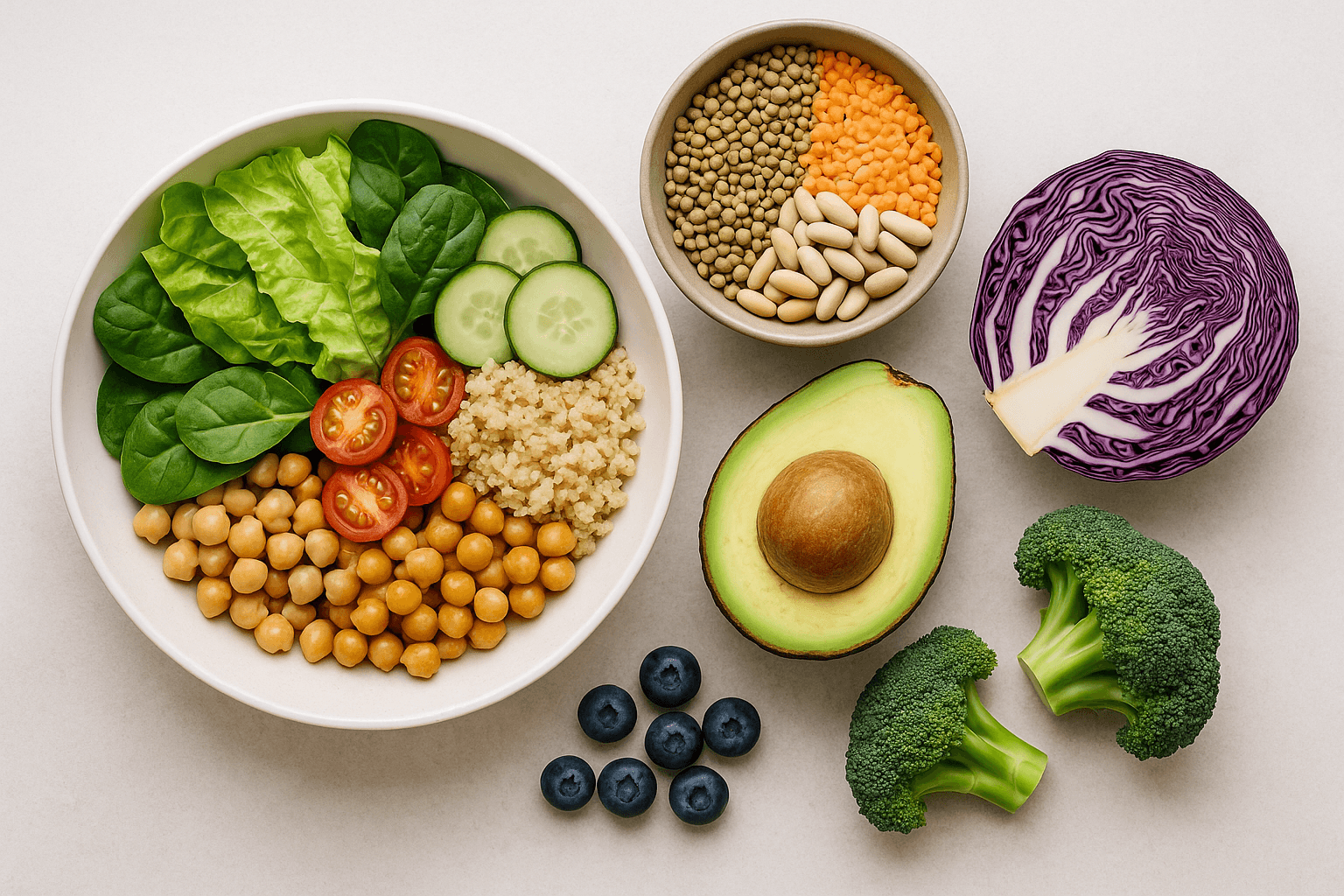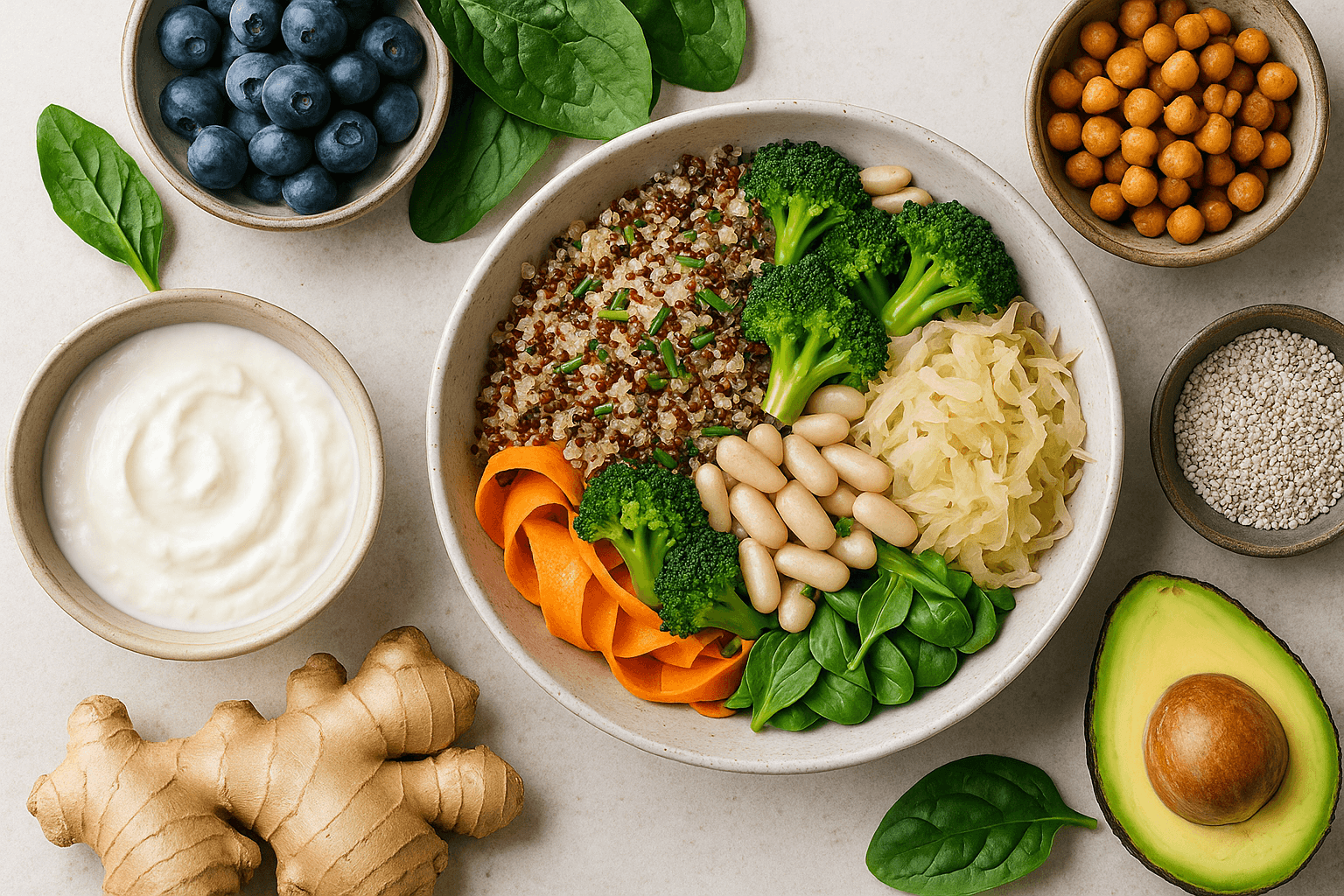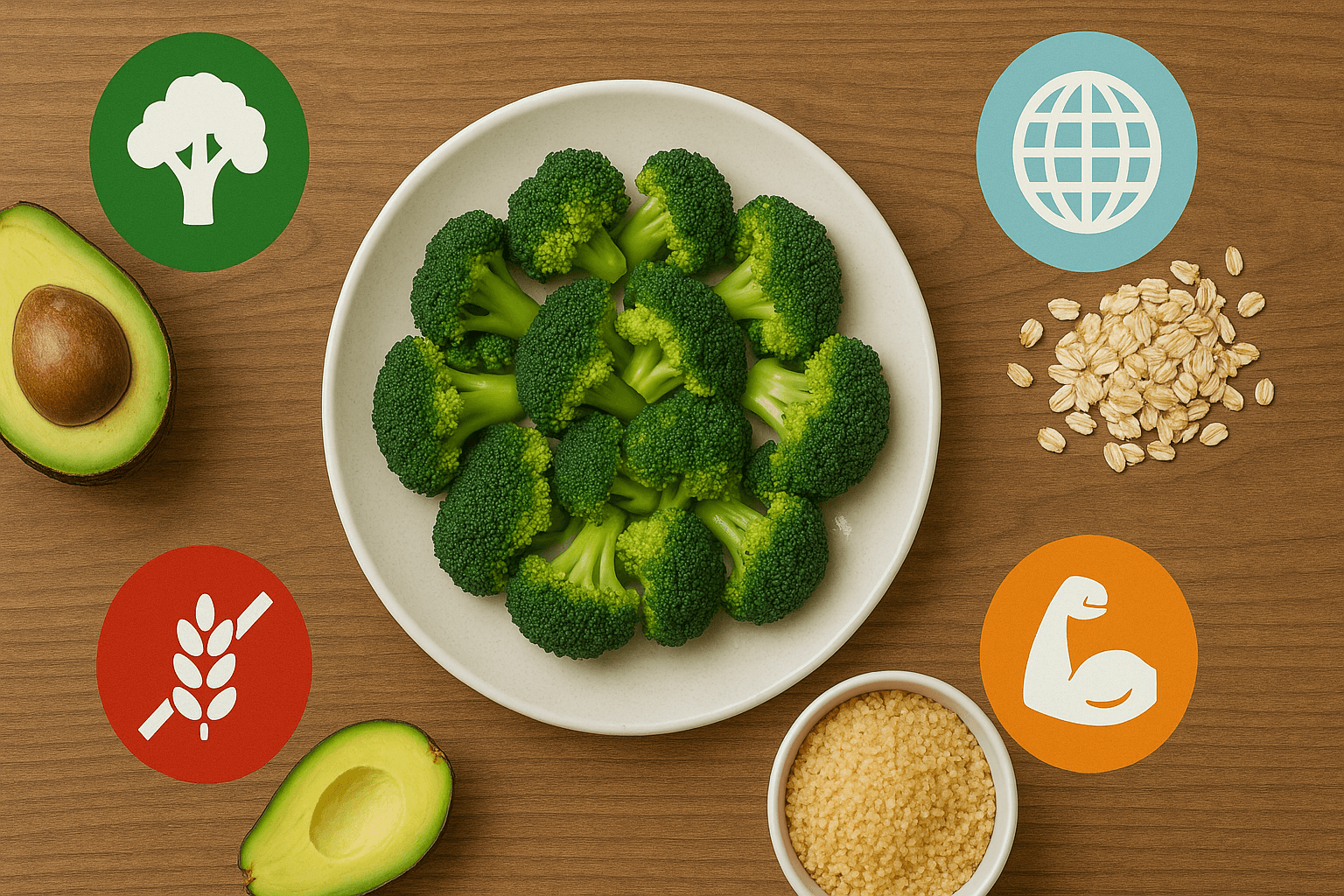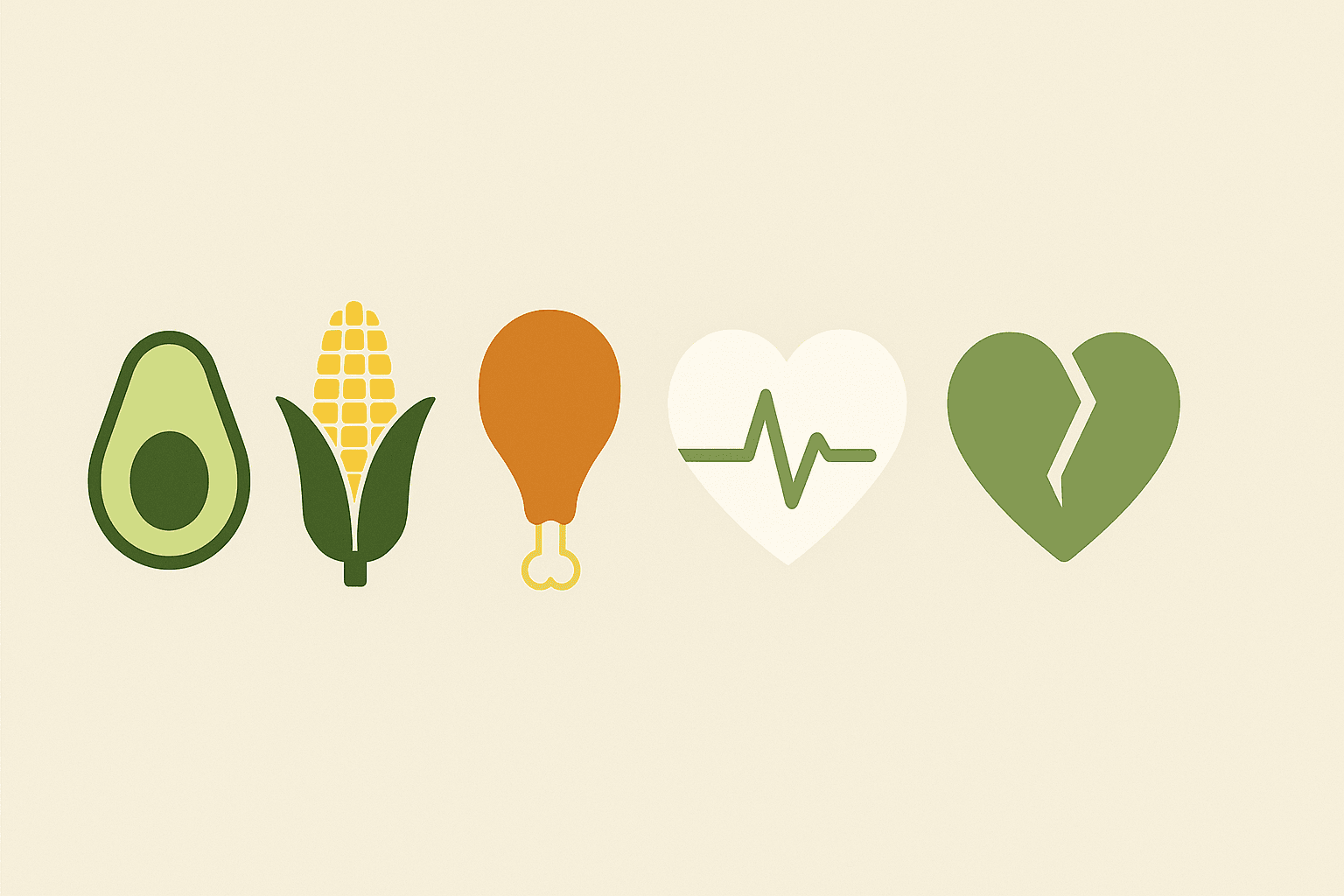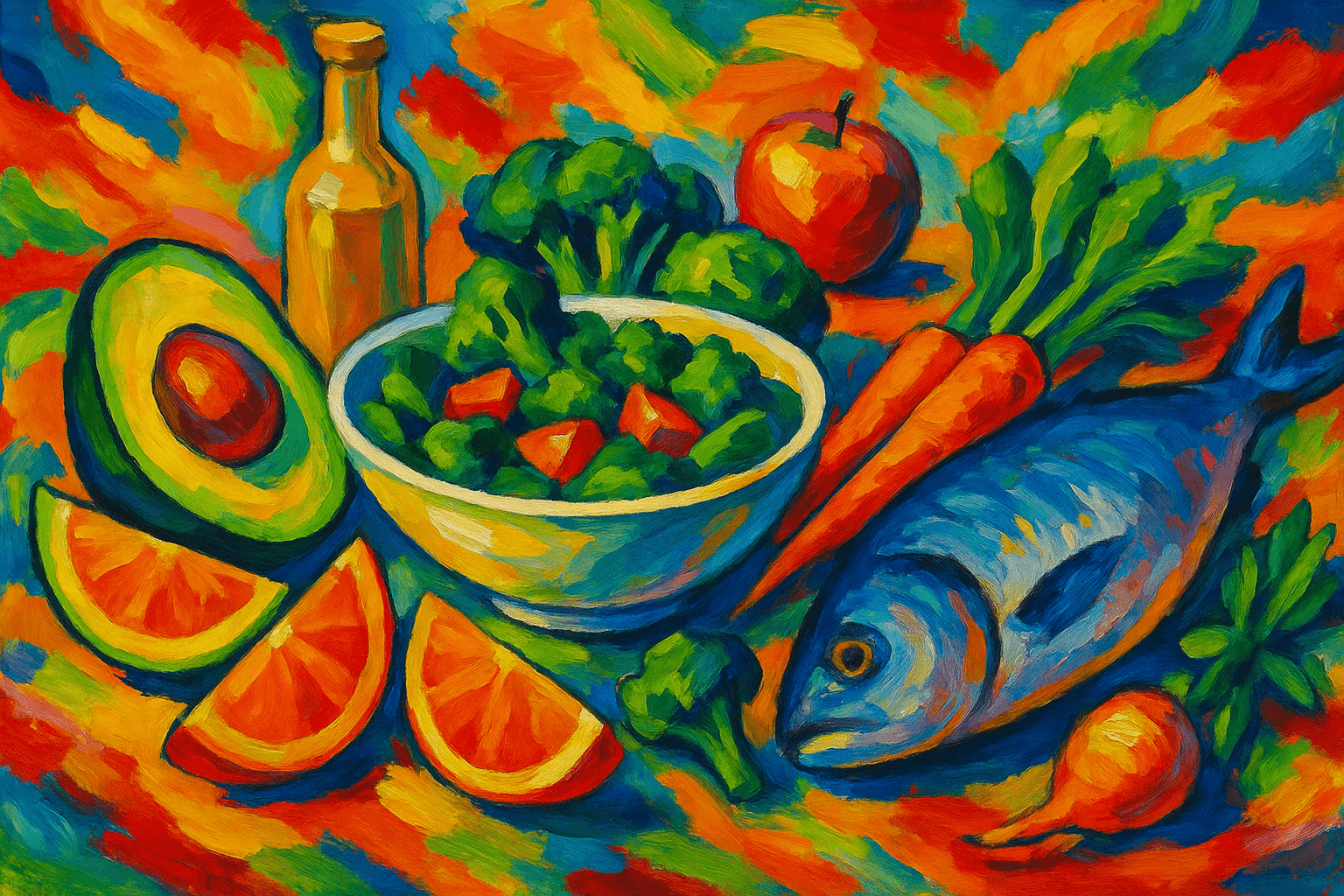THE PSYCHOLOGY OF SPECIAL DIETS: WHY WE CHOOSE, HOW WE STICK WITH THEM, AND WHAT REALLY MAKES US THRIVE
Published on July 28, 2025
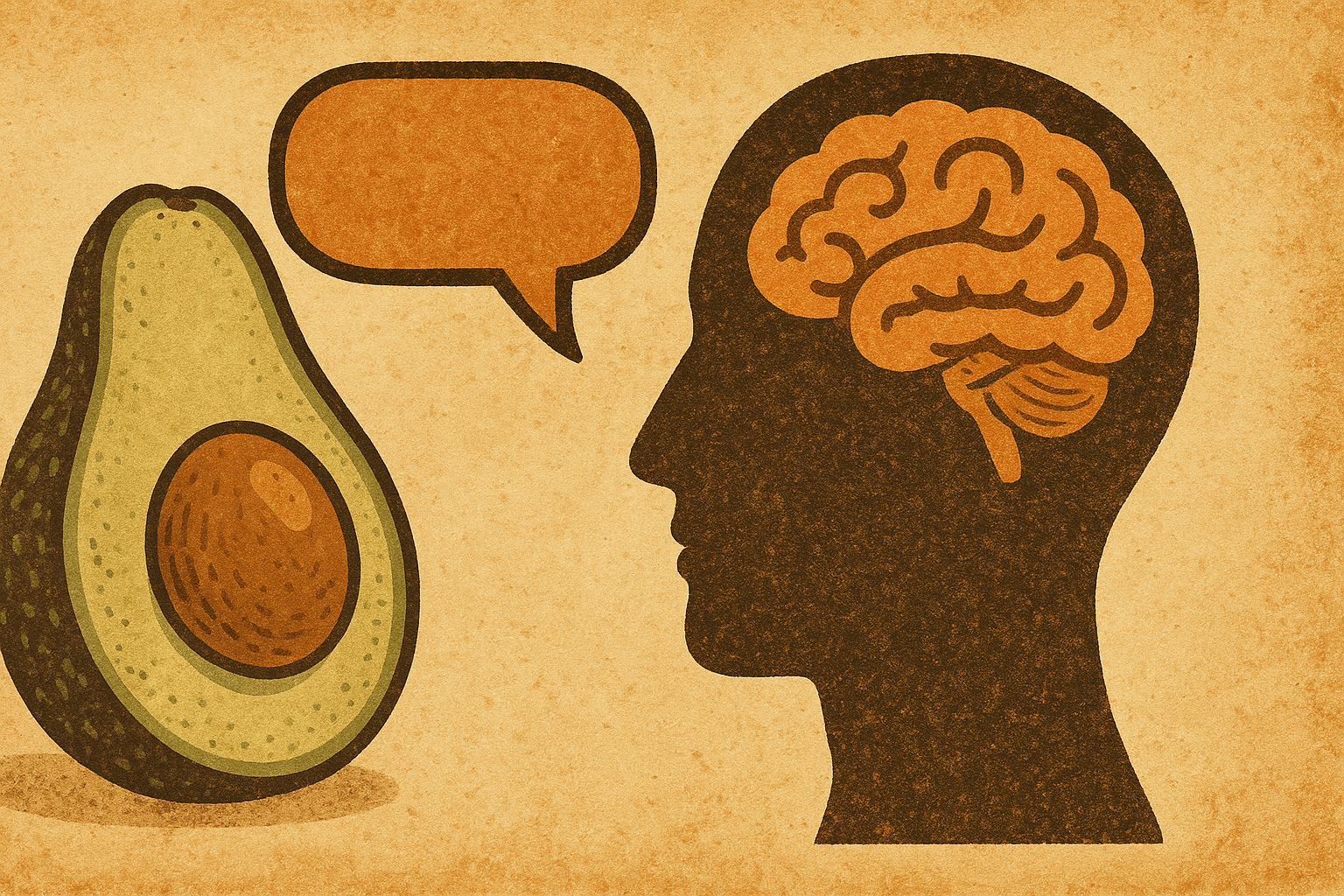
Isn’t it funny how, when you start a diet, it sorta feels like you’re starting a courtship?
There’s the rush, the promise of a new you, the hope that you finally might convert to that healthier lifestyle you’ve been meaning to embrace
From vegan to keto, paleo to gluten-free, Mediterranean to intermittent fasting, special diets are more popular — and more divisive — than ever
We discuss them at parties, argue their merits on social media and follow influencers who seem to have all the answers
And here’s a truth that most people overlook: special diets are not only about food
They’re about identity, belonging, values, emotions and the stories we tell ourselves
To really understand why people adopt, adhere to or abandon special diets, we must look beyond the plate into the human mind
Why People Will Try Anything
The Hidden Motivators
Let’s face it: not many people start a diet because they read a scientific paper or on a doctor’s recommendation
Our real reasons are often far deeper and more personal
Identity and Belonging:
For many people, a special diet tends to become almost a badge of who they are — or who they want to be
Going vegan may be about compassion for animals, but it’s also about becoming part of a community that is aligned with those values
Paleo can be a statement of a return to “nature” or “ancestral wisdom”
Diets that are gluten-free and dairy-free, or those that fit other allergy definitions, first adopted out of necessity or genuine concern for one’s health, can also grow into an identity — one that’s stoked by social media groups, brands, and exposure to a sense of feeling “seen”
Hope and Control:
When life is uncertain — when we’re sick, or grieving, or stressed, or in the middle of a pandemic — food is something we can touch and taste and control
Following a special diet can provide hope: “If I eat this way, I might heal, lose weight, be happy, not get sick”
If it returns results that are slow or mixed, the feeling of respect and agency can be empowering
Desire for Relief:
For people with IBS, food allergies, diabetes and chronic inflammation, a special diet is often a last resort after years of frustration
The hope of finally experiencing relief — that you’ll hurt less, have fewer symptoms, feel more energy — can drive some fairly dramatic changes
Social Influence and Trends:
Humans are pack animals
When a diet becomes the It thing, promoted by advocates who swear that weight loss — and health — comes easily to those who follow it, it’s tempting to give it a try
For many of us, social proof is what makes us trust things more — especially when “everyone” is getting results
Curiosity and Challenge:
Some of us are just hardwired for experimentation
For the “food explorers,” every new diet is a science experiment, a test of discipline or a journey toward self-discovery
All the Feels of Intersectional Eating
As with any large lifestyle change, turning to a special diet can be an emotional roller coaster
Being aware of these phases might help you plan — and console yourself with self-compassion
The Honeymoon Stage:
At first, everything feels possible
There’s hype, perhaps some fast results (say, rapid weight loss or a jolt of energy) and plenty of positive feedback from your circle of friends
This is when you clamor to post your recipes online, trade tips and dream
The Reality Check:
Inevitably, obstacles emerge: Cravings, socializing, family pressure, food fatigue, just the hassle of your new plan
Old habits resurface and the new diet suddenly feels more difficult — or even impossible
Adaptation or Abandonment:
This is the point where a lot of people give up
But the people who ultimately succeed long-term do something different: They adapt
They relax the rules, search for shortcuts, make the plan more flexible and start doing what feels good instead of what’s perfect
Rather than “I failed,” it becomes “I learned — and I can go on”
The Real Science: Will Power is Not the Answer
For years, we’ve heard that the key to sticking to a diet is willpower and discipline
But contemporary behavioral science has a very different story to tell
Success is less about brute-force willpower and more about our environment, routines and support systems
Environment Is Everything:
Your surroundings shape your habits
If you have a kitchen full of ultra-processed snacks, or you’ve got friends who love to order pizza, you’re going to be battling temptation regularly
Those who are successful with any special diet revamp their environment — packing the kitchen full of healthy foods, prepping meals, and making the default decision the simple one
Habits Win Over Heroics:
By constructing new routines — preparing meals ahead of time, prepping snacks, memorizing go-to orders at restaurants — healthful eating becomes automatic, and just part of your daily grind
The more you do this, the less you need to call upon your daily willpower
The Power of Social Support:
Having advocates — friends, family or even an online community — increases the odds that you will stick with your new habits
Sharing your journey and struggles with others, and finding others to hold you accountable, makes change more enjoyable and sustainable
Special Diets and Emotional Well-Being
The psychological aspect of special diets is frequently overlooked as well
Here’s what to watch out for
When Diets Create Anxiety:
If you are obsessing over ingredient lists, feeling guilty every time you “cheat” or dreading social situations, then your diet could be damaging your mental health
Food is something that should comfort and bring joy, not fear or shame
All-or-Nothing Thinking:
There are a lot of diets out there, and many of them create strict rules by which you have to live: This food is “good,” that one is “bad”; this day was “on track,” that one was “ruined”
This black-and-white thinking can result in guilt, yo-yo dieting or binge eating
Consistent change is made of flexibility and self-forgiveness
Orthorexia and Social Isolation:
For some, “healthy eating” is so obsessive and rigid that it slides into disordered eating
When food rules begin to constrict your life — causing you to withdraw from friends, from family events, from travel — it’s time to re-evaluate and get help
The Social Side of Why Our Circle Counts
You don’t eat in a vacuum
Studies show that your eating habits, your taste in music and even your risk of developing certain diseases have all been shaped by the company you keep
Here’s how to make your surroundings work for you
Find Your Tribe:
Whether it’s through online groups, local classes, or a buddy who wants to achieve the same goal as you, social support brings with it encouragement, advice and a feeling of camaraderie
Exchange recipes, boast about successes and wring your hands together
Communicate Your Needs:
Tell the people closest to you why you’re making a change and how they can help (or at least not sabotage you)
Establish boundaries kindly, and keep in mind: the people who love you want what’s best for you
Lead by Example:
Your good habits could rub off on others
When you show up to the potluck with brightly colored dishes, when you propose social outings that involve movement, when you candidly share your barriers and hurdles — you make healthy living that much easier for everyone you serve
Charting Your Course: Flexibility More Important Than Perfection
The healthiest eaters are not the ones who most strictly follow the rules, but the ones who are most adept at using rules to anchor and guide them to make the choices that best serve them
Here’s how one can foster a sustainable relationship with special diets
Get Curious About Your “Why”:
Are you eating this way for health, ethics, curiosity, community?
The more meaningful your “why,” the more motivated you are when things get hard
Build in Flexibility:
Perfection is impossible
Let yourself enjoy celebrations and try new foods and learn from slips
Every meal is a fresh chance, not a quiz that you can “fail”
Measure Success Holistically:
Rather than focusing on just weight, calories or, say, “days on plan,” ask yourself: How do I feel? Do I have energy, sleep well, digest well, am proud of myself?
These are the healthy things that happen to your body when you eat right
When to Rethink: Is Your Diet Working For You or Against You?
Regularly check in with yourself
Does your special diet give you more energy, confidence, and pleasure of living — or does it make you anxious, isolated, or frustrated?
Pay attention to your body and your feelings, and be open to changing your plan when your life changes
If you notice
Constant food anxiety
Social withdrawal
Declining mood or energy
Physical symptoms that aren’t improving
…it might be time to step back, contact some professional support or embed a fresh approach
Constructing Perpetual Change – Practices for Credibility
Plan and Prep:
Planning in the small helps in the large
Experiment with batch cooking, make sure you’ve got ready-to-go healthy snacks and prep your environment for success
The less you have to figure out at the time, the more reliable you will be
Celebrate Small Wins:
Progress isn’t always dramatic
Every new recipe you try, every healthy swap you make, every day you stick to your intention is a success worth noting
Seek Joy in Food:
You don’t have to eat bland food just because you are on a special diet
Discover new foods, flavors and cooking styles
Find healthful treats you love and allow food to be a source of pleasure as well as fuel
The Bottom Line
Special diets are as salient for psychology, community and self-understanding, as for nutrients and calories
But whether you’re following one of these diets or are compelled to do so for health, ethical, social or curiosity reasons — the real secret is to practice self-compassion, flexibility and joy
Real success is how you feel, how you live and how you relate — to food, to others and yourself
Eat with intention
Live with kindness
And may your special diet journey be about discovery, not deprivation—a way to access the healthiest, happiest, truest version of yourself



